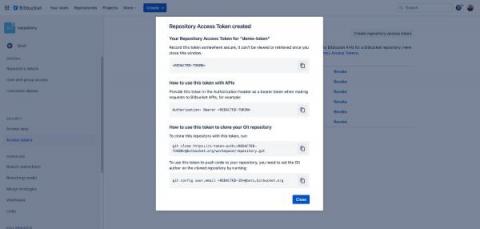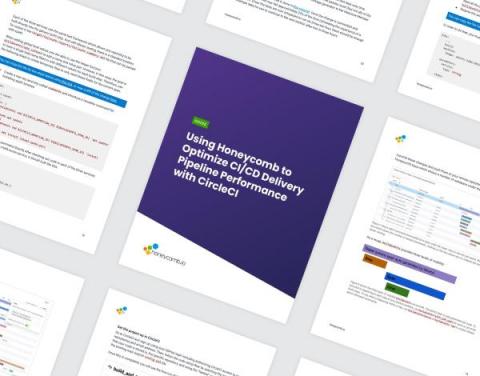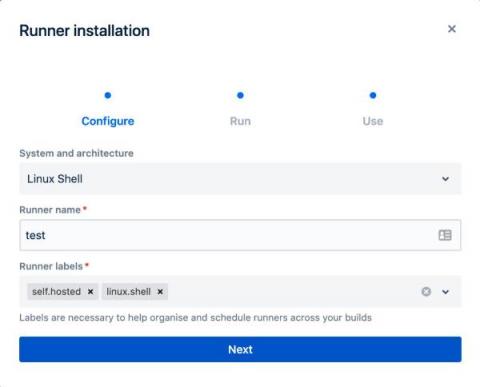Integration testing with GitLab CI and Docker
GitLab is a complete DevOps platform that enables enterprises and organizations to deliver software to markets smoothly while ensuring high product quality. Software engineering practices use many testing techniques, from unit tests to integration tests. This article helps you understand software testing with unit and integration tests. It highlights the fundamental differences between unit and integration tests and demonstrates how to write integration tests for your applications.











